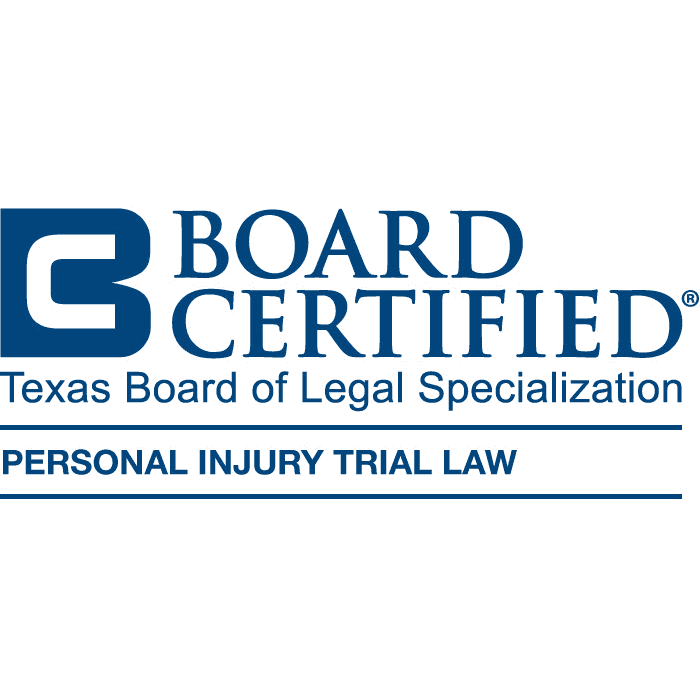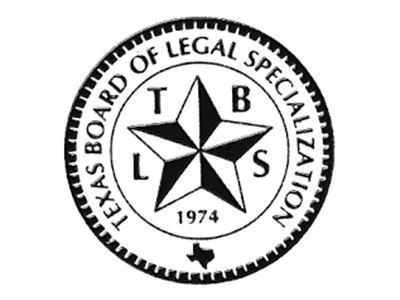
Because Your Victory Is Our Victory
What You Need to Know About Self-Defense Laws
Protecting Yourself in Southeast Texas
The use of self-defense is such an often-seen staple of TV shows, movies, and books that most people have probably taken a few moments before to ponder what they think about this issue. While the last thing our Beaumont personal injury lawyers want to do is chime in with personal opinions about high profile cases, we do want to take the time to provide a quick, crash course into self-defense laws so that our readers are better informed on the topic as a whole.
What Is Self-Defense?
Before we get more deeply into the specific principles of a self-defense plea, it is important to first establish just what exactly self-defense is from a legal standpoint. The most salient examples of self-defense tend to come up when one person kills another person and then claims that the act was self-defense. However, self-defense can also take place in a non-deadly context when one person uses more minor force, perhaps only injuring the other party, and then claims that their actions were self-defense and thus avoids assault and battery charges.
Self-defense can also be used as an argument in the defense of another person, for example, a mother defending her child. Some states also allow for the use of force in the defense of one’s home or personal property, though such laws vary. A central aspect of self-defense laws is that the person claiming the defense must be acting in response to an imminent threat and must not have other avenues open to them, such as retreating or calling the police. We’ll discuss this in more detail below.
Start building your case by calling our Beaumont office at (409) 226-0990
and speaking with a dedicated personal injury attorney today.
The Five Principles of Self-Defense Laws
Once again it is important to note that self-defense laws vary from state to state as does the state’s interpretation of them. Additionally, specifics related to the case and the individuals involved may also come into play. However, that said the following five principles of self-defense are likely to come into play to some extent or another in most if not all states.
Principle 1: Innocence
This principle is fundamental in that it establishes that the person claiming self-defense, must indeed have actually been defending him or herself rather than initiating the violence. Generally, if the person is seen to have been the aggressor or otherwise "thrown the first punch" this would preclude him or her from a successful self-defense claim. However, there are certain instances in which the person can be said to regain their innocence.
Principle 2: Imminence
This principle is all about the urgency of the situation. For a successful self-defense claim to be made, it must be established that the threat was imminent and that the person had no other choice but to defend themselves forcefully. In this way, a self-defense claim cannot be “pre-emptive” to prevent a possible future threat. Instead, the person is expected to find another, non-violent solution. Similarly, the threat cannot have already occurred and ended, in which case later action by the victim would be seen as revenge rather than self-defense.
Principle 3: Proportionality
For the principle of proportionality in a self-defense claim to be the person making the claim must have acted in a way that is deemed proportional to the threat let. A threat of non-deadly violence should not be met with a self-defense of deadly violence. For instance, it would not be acceptable to shoot or stab a potential attacker who clearly only intended to slap or push the person making the self-defense claim. That would not be viewed as a proportional reaction. However, shoving or slapping the aggressor away would be seen as proportional and a claim of self-defense could perhaps be used to avoid an assault charge.
Principle 4: Avoidance
The principle of avoidance in self-defense claims states the person making the claim must not have been able to avoid their actions. This would include that the person did not have the opportunity to safely run away or otherwise escape the threat. However, the principle of avoidance is often one of the most contested because the interpretation of avoidance may vary and so too do state laws. Some states have “stand your ground” laws which do not require the person claiming self-defense to have first attempted to escape. Other laws in various states known as “castle laws” also state that the person is allowed to defend his or her home or other property. However, for a self-defense claim to be successful it will still have to be established that the person making the claim was not the aggressor.
Principle 5: Reasonableness
The principle of reasonableness requires that the person making the claim of self-defense had evaluated the circumstances in a way consistent with how a “reasonable person” would have done it. In other words, the person cannot shoot someone and claim that he or she thought the bouquet of flowers the person was holding was a gun, because a “reasonable person” wouldn’t have made that mistake. Along the same lines, a person cannot use self-defense and say they felt it was their only option if a “reasonable person” could have been expected to find a different, non-violent solution. Since this last principle is somewhat open to interpretation this is often the area of the case in which character witnesses and past history might be used to establish a pattern of behavior for either the victim or the aggressor.
Self-defense laws are complicated and, as mentioned above, they vary from state to state. That is why it is important to discuss your case thoroughly with your attorney and to always legitimately try to find a non-violent way out of a dangerous situation if possible. When trying to understand a self-defense case that you hear about in the news or media, it is also important to realize that in the heat of the moment people’s judgment and perceptions can be affected.
Don't face this alone. Let our skilled team at Dugas Law Firm guide you through every step. Contact us now! Se habla español.
Awards & Certifications

Focused On Our Clients
-
"Attorney Dugas and his staff were always professional, responsive, and truly had my best interest at heart."Kylie
-
I believe he always had my best interest in mind and would recommend him to anyone.
Jerry -
"Attorney Dugas is a gifted, highly skilled experienced attorney."Anonymous
-
Over Four Decades of Trial Experience
-
Over 250 Jury Trial Cases
-
More than 100 Million-Dollar Results











.2305231407350.png)




